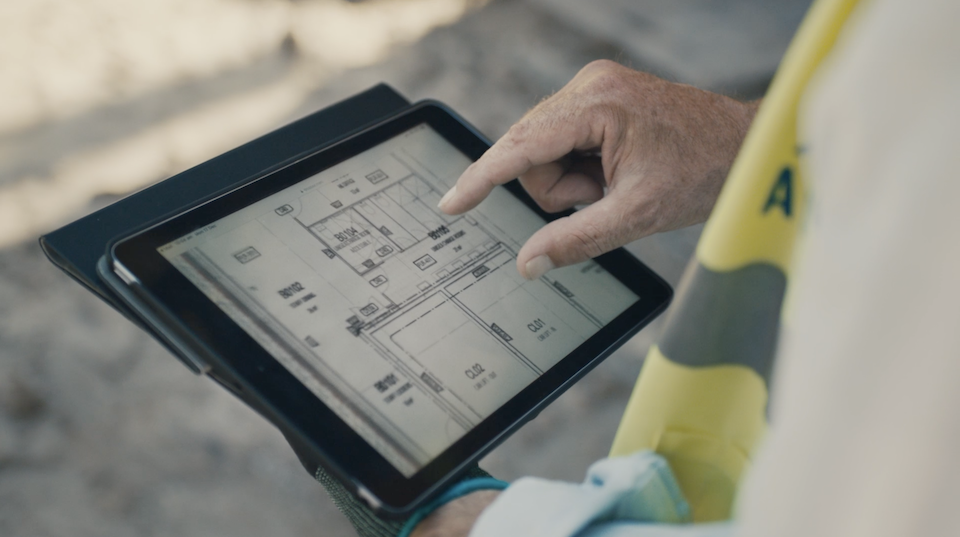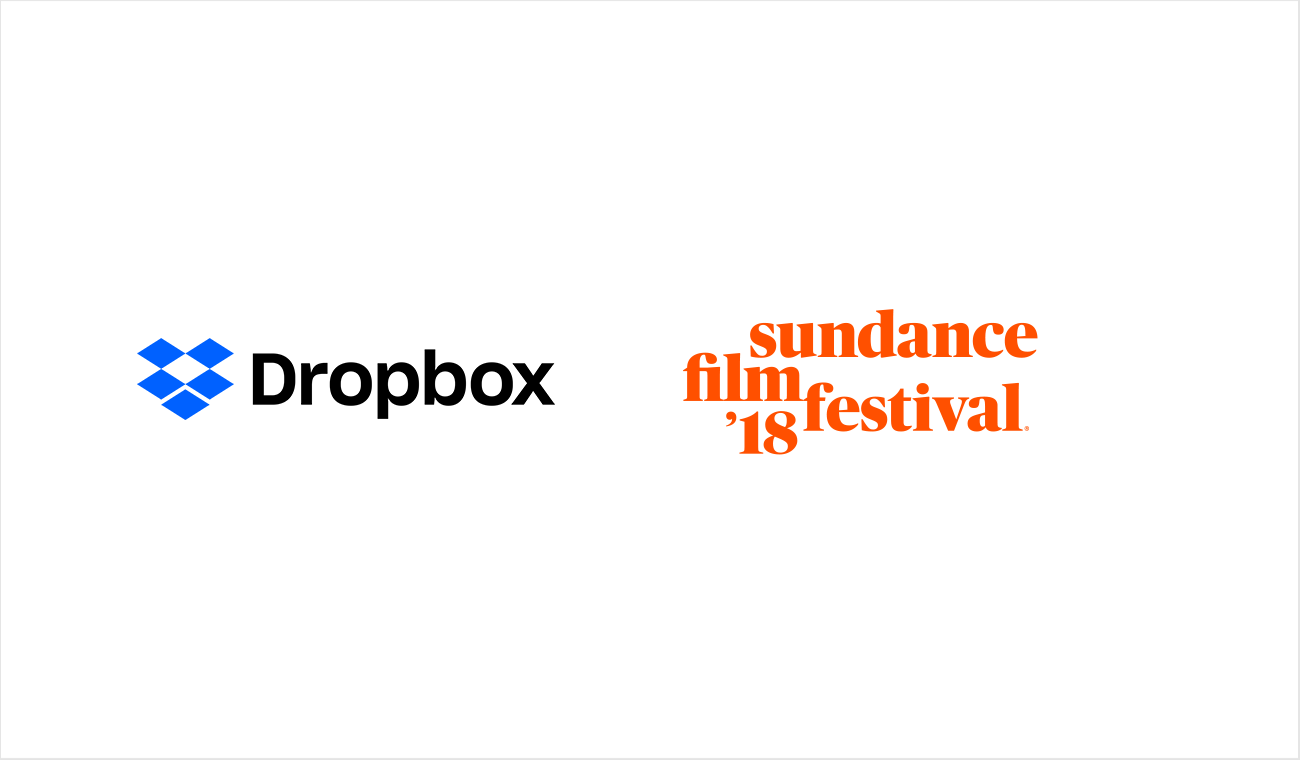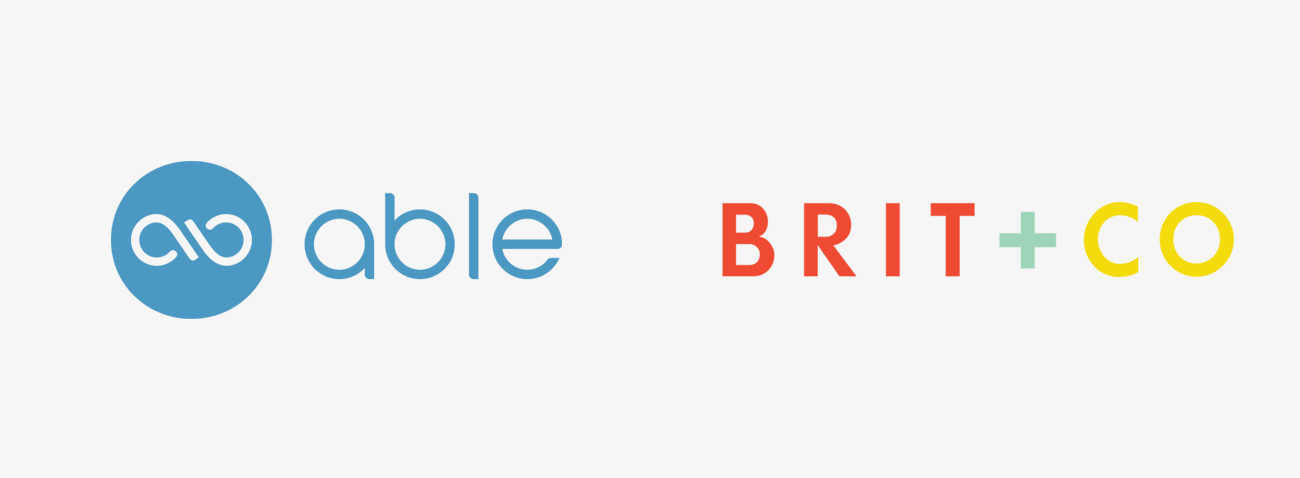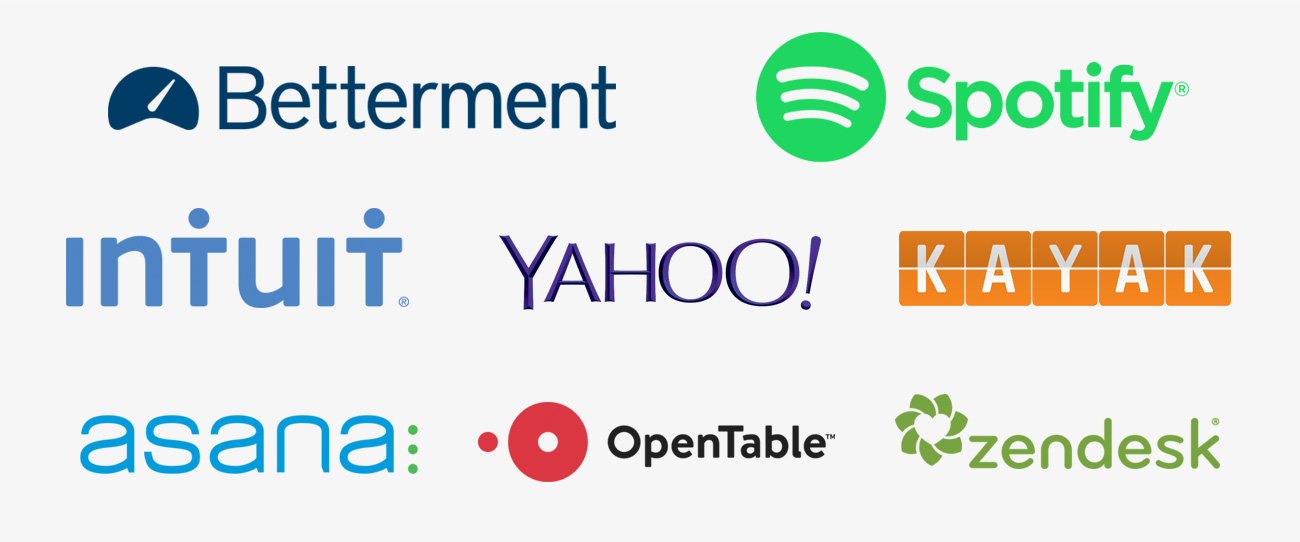
McMaster University Library & Dropbox for Business: A study in efficiency
Published on September 09, 2014
At McMaster University — one of Canada’s leading research institutions — the library plays a critical role for students, faculty, and the general public. And with 2.3 million patrons each year, the library staff does a lot more than just reshelving books — they coordinate an information infrastructure that allows students and faculty to conduct cutting-edge research.
Because the library serves as such an invaluable resource for the university, its staff needs to work as efficiently as possible — and that means having the right technology to empower them. “When you’ve got an organization where people carry tablets and work from home and abroad, network drives are pretty useless,” explains Dale Askey, Associate University Librarian for Library and Learning Technologies and the Administrative Director of the Louis and Ruth Sherman Centre for Digital Scholarship.
When Askey first joined the library staff a few years ago, employees were sharing files using email attachments and CDs — so he knew it was time for an upgrade. Many library employees were already using Dropbox for their personal files, so moving to a team account was easy for the staff and didn’t require any formal training from Askey. “Dropbox wasn’t difficult to set up,” remembers Askey. “We bought the licenses and now we dole them out as necessary and reclaim them when people leave the organization.”
Before long, Dropbox for Business had become essential to the McMaster University Library staff, with 75 of the library’s 90 employees on the account. “We didn’t tell people they had to use Dropbox; we put it out there and enticed them to use it,” recalls Askey. “What we’re seeing after a year is that the enticement is pretty strong.”
Today, Dropbox is used across multiple departments within the library. “Dropbox is a really common tool,” Askey explains. “It’s kind of the lingua franca of file sharing these days.”
For example, the Library Accessibility Services department relies on Dropbox to help students succeed in their academic coursework, while the library’s IT staff uses Dropbox to access work files from machines all over campus. And because they have all the space they need through Dropbox for Business, the library’s New Media Center is able to store and distribute high-resolution audio and video files.
Looking back, Askey is confident he made the right decision for the library staff. “When you consider the price point, the flexibility, and the fact that it’s a globally adopted product that doesn’t have to be explained to anybody these days, Dropbox for Business is the tool you want to use.”
Now instead of wasting time worrying about where to store files, the McMaster University Library staff is putting that valuable time to good use — helping students and faculty excel in their academics and research.
Wondering how Dropbox for Business can help your organization run more smoothly? Sign up for a free trial today (and don’t forget to ask about our educational discounts)!















































































































































